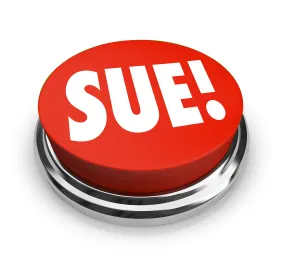Addressing a district court decision finding no trade secret misappropriation, the US Court of Appeals for the Fourth Circuit agreed that the alleged trade secret holder had failed to moot the case because its covenant not to sue was both conditional and revocable. Synopsys, Inc. v. Risk Based Security, Inc., Case No. 22-1812 (4th Cir. June 15, 2023) (Agee, Rushing, Dawson, JJ.)
In early 2021, Risk Based Security (RBS) sent a cease-and-desist letter to Synopsys, its competitor in the software security industry, alleging intellectual property misappropriation, including use of RBS’s private database of source code vulnerabilities. Synopsys responded by filing a declaratory judgment action asserting that it had not engaged in trade secret misappropriation. RBS later issued a covenant not to sue in express reliance on certain pretrial representations made by Synopsys, including that Synopsys was not planning to use RBS’s database. RBS moved to dismiss the case as moot based on its covenant, but the district court denied the motion. The district court then ruled on summary judgment that RBS had failed to establish that its alleged trade secrets satisfied the requirements that they have an independent economic value derived from their secrecy and were subject to reasonable efforts to maintain their secrecy. RBS appealed.
The Fourth Circuit first affirmed the rejection of RBS’s covenant not to sue. The Court noted that the covenant was not unconditional and irrevocable because it was expressly premised on Synopsys’s planned future performance, which RBS could later claim was not being met. The Court also relied on the fact that the covenant was limited to the use of RBS’s private database and was thus narrower than the original cease-and-desist letter, which was explicitly not limited to that use. Finally, the Court concluded that there was a continuing live controversy, demonstrated by the fact that, after issuing the covenant, RBS added Synopsys to a pending trade secret case it had filed against Synopsys’s subsidiary. Accordingly, the Fourth Circuit affirmed the district court’s denial of RBS’s motion to dismiss.
On the merits, the Fourth Circuit agreed with the district court that RBS had failed to show that its alleged trade secrets met the independent value or reasonable secrecy elements required by statute. In particular, the Court agreed that RBS’s evidence regarding its value as a company and the revenue it derived from licensing its database could not show independent value for the specific alleged trade secrets contained in the database.




 />i
/>i

